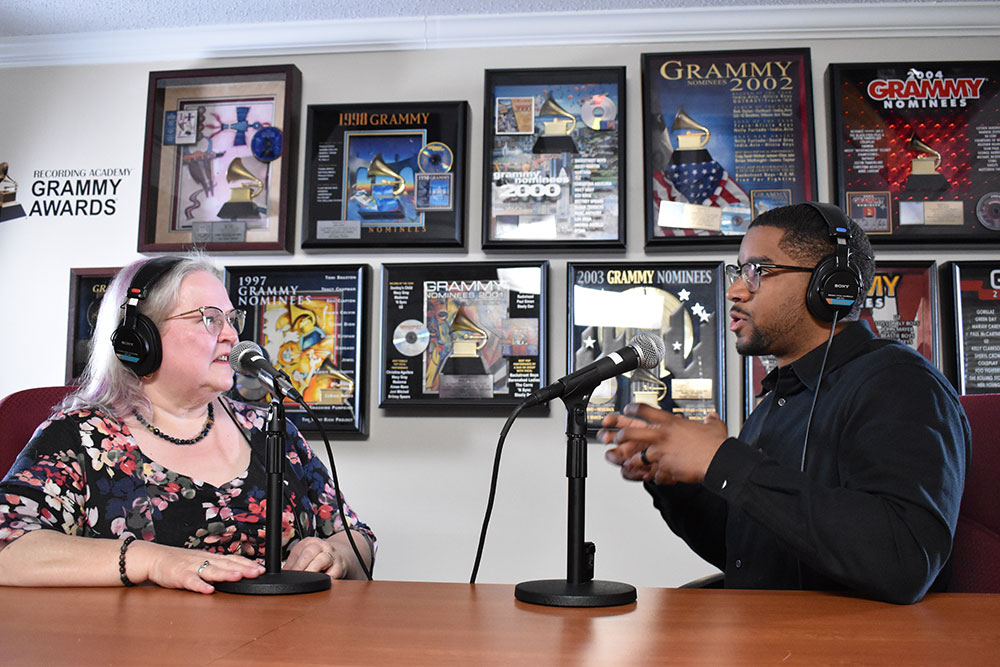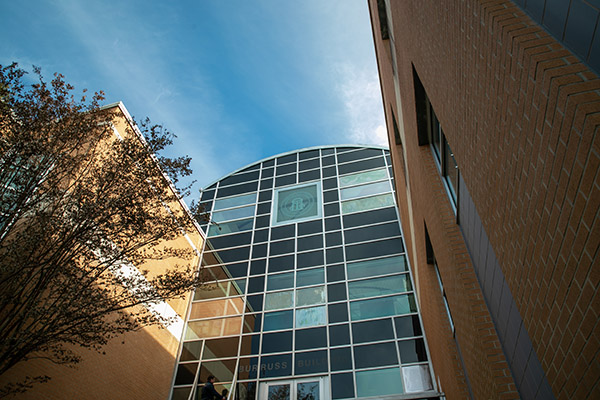
Kennesaw Hosts Food Security Workshop With German University
KENNESAW, Ga. | Oct 22, 2015

Kennesaw State University’s Coles College of Business this month hosted a workshop on food security management, an initiative stemming from a German professor’s research interests and overseas connections on this pressing issue.
Marcus Marktanner, an associate professor of economics and international conflict management, was intrigued by the issue after watching food prices spike in 2007 while working in Lebanon. He was asked by the United Nations World Food Program to identify food management inefficiencies in the Middle East, particularly looking at how the poor coped with the challenge of food insecurity. He then became a guest lecturer at Anhalt University of Applied Sciences in Bernburg, Germany, where he now teaches an annual course on the economics of food security.
He told Global Atlanta that food security plays a vital role in international affairs.
“Food has unique economic, social and political characteristics. It is the only economic good that we consume inside of our bodies. Food has also strong religious connotations. Famine is the third horseman of the apocalypse, and bread and wine symbolize the body of Jesus Christ. Because food is a necessity, food security is as much a pillar of political stability as national defense,” Dr. Marktanner said in an email interview.
Anhalt scholars came to Kennesaw last week to discuss technological and economic developments in the field, from new mapping technologies to boost yields to techniques for reducing waste in the food production process.
Food security is becoming a major international issue, with climate change, political instability and the shift from food to fuel crops raising prices and increasing volatility with far-reaching implications for the world, and especially for emerging economies.
For business students, it’s important to understand a sector so deeply entrenched in the economy, which could offer a potential career path that will rely on innovation in the future as the world grows more crowded and environmental concern is heightened.
“Given the fact that we live in a world with a growing population and limited resources, food industries will continue to grow into highly innovative high-tech sectors, similar to energy, natural defense and finance,” he said.
Sheb True, a marketing professor and senior international officer for the Coles College, helped organize the workshop.
Related Posts

Kennesaw State Partnership Equips Local Entrepreneurs with Tools for Success

Gathering Spot CEO Ryan Wilson on Building a Social Club to Inspire Connections.

Kennesaw State MBA student leveraging degree work for a cause

CEO Magazine Ranks Kennesaw State Executive MBA Top Program in Georgia, No. 11 in the World














